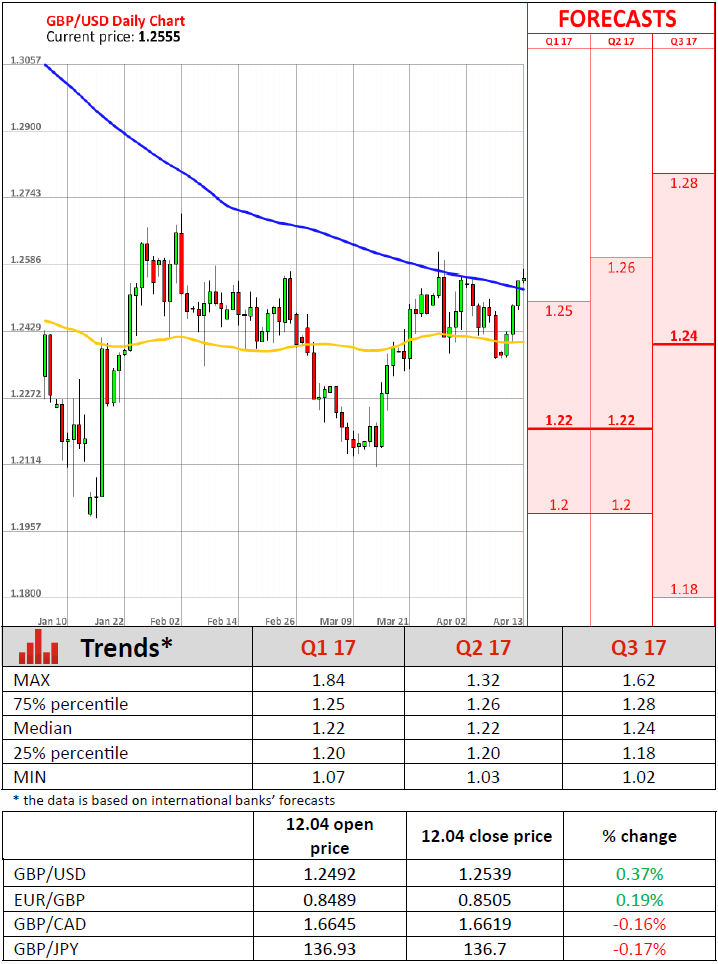‘Big picture remains a labour market with very strong employment plateauing at record highs … combined with a pay disaster.’ – Torsten Bell, Resolution Foundation
Employment data released on Wednesday confirmed the view that pay growth in the United Kingdom slowed significantly following the country’s decision to leave the European Union, which boosted inflation across the country amid the sharp fall in the value of the Pound. The Office for National Statistics reported that wage growth adjusted for inflation climbed just 0.2% in the three-month period to February. Including bonuses, average hourly earnings advanced 2.3%, unchanged from the prior period, whereas analysts anticipated a 2.1% gain. Pay growth is closely followed by the Bank of England, as it is tied to consumer spending, which account for more than 60% of the UK economy. At its latest meeting, the BoE said that consumer inflation would average 2.7% this year. Meanwhile, the unemployment rate came in at a record low of 4.7%, unchanged from the three-month period to January and in line with analysts’ expectations. The number of Britons filing for unemployment aid rose 25,500 to 765,400 in March, the largest gain since July 2011, compared to the preceding month’s downwardly revised fall of 6,100, while markets held expectations for a decline of 10,200. The data also showed that job vacancies advanced 16,000 to a record high of 767,000.

